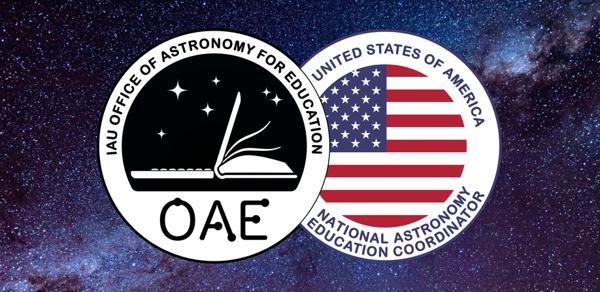Glossary term: Particle Physics
Description: Particle physics is the branch of physics that studies the smallest constituents of matter, including the particles that atoms are made of (electrons, neutrons, and protons), as well as the particles that neutrons and protons are made of (so-called quarks). These and more exotic, short-lived particles can be produced in particle accelerators. There particles are collided at high energies, resulting in the production of various types of other particles. All known elementary particles and their interactions are described by the so-called standard model of particle physics. Some astrophysical objects, notably the jets of stellar-mass or supermassive black holes, or supernova explosions, are natural particle accelerators. Cosmic particles accelerated in that way reach us as cosmic rays.
Related Terms:
- Comet Nucleus
- Cosmic Ray
- Neutron
- Particle
- Supermassive Black Hole
- Supernova
- Cosmic Ray Astronomy
- Electron
See this term in other languages
Term and definition status: This term and its definition have been approved by a research astronomer and a teacher
The OAE Multilingual Glossary is a project of the IAU Office of Astronomy for Education (OAE) in collaboration with the IAU Office of Astronomy Outreach (OAO). The terms and definitions were chosen, written and reviewed by a collective effort from the OAE, the OAE Centers and Nodes, the OAE National Astronomy Education Coordinators (NAECs) and other volunteers. You can find a full list of credits here. All glossary terms and their definitions are released under a Creative Commons CC BY-4.0 license and should be credited to "IAU OAE".
If you notice a factual error in this glossary definition then please get in touch.








